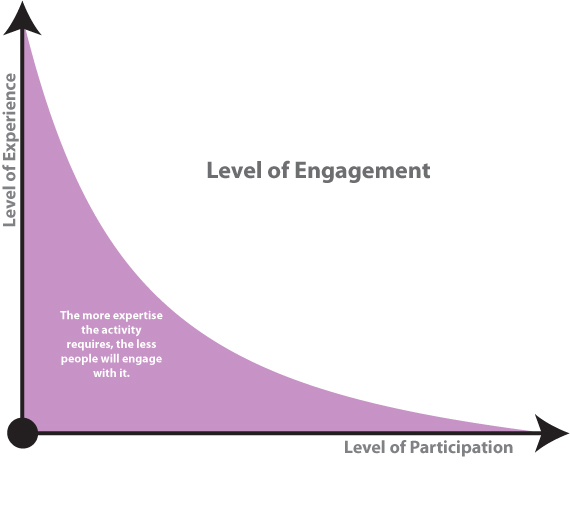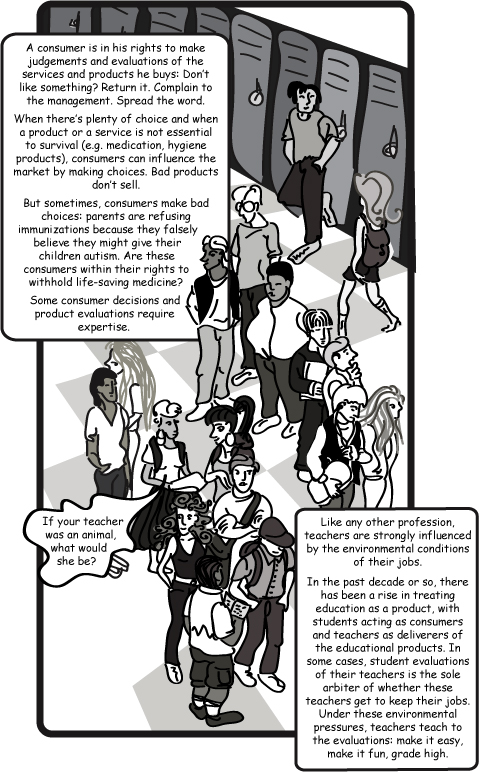
We spend our lives engaged in problem solving: When should I leave the house to get to work on time? What can I make for dinner given the stuff in my refrigerator? How much work do I need to get done today in order to leave a bit earlier tomorrow? What’s the best driving route given the traffic report coming over the car radio? Can I make the this green light? Can I talk my way out of a traffic ticket? What’s the maximum amount I can pack into my trunk after a COSTCO run? How can I get that stain off the carpet? Is this blog good-enough to post? Looking over this sample list of problems, it’s easy to see that some have to do with temporal and spatial processing (e.g. packing the trunk, picking the best route, judging speed, making schedules), some with background knowledge manipulation (e.g. coming up with a recipe given a list of ingredients, looking up cleaning strategies), some with social processing (e.g. ability to analyze social situations and make correct predictions of possible outcomes—”I will get that ticket, if I run that red light.”), and some with metacognitive tasks (e.g. judging quality, comparing standards…




